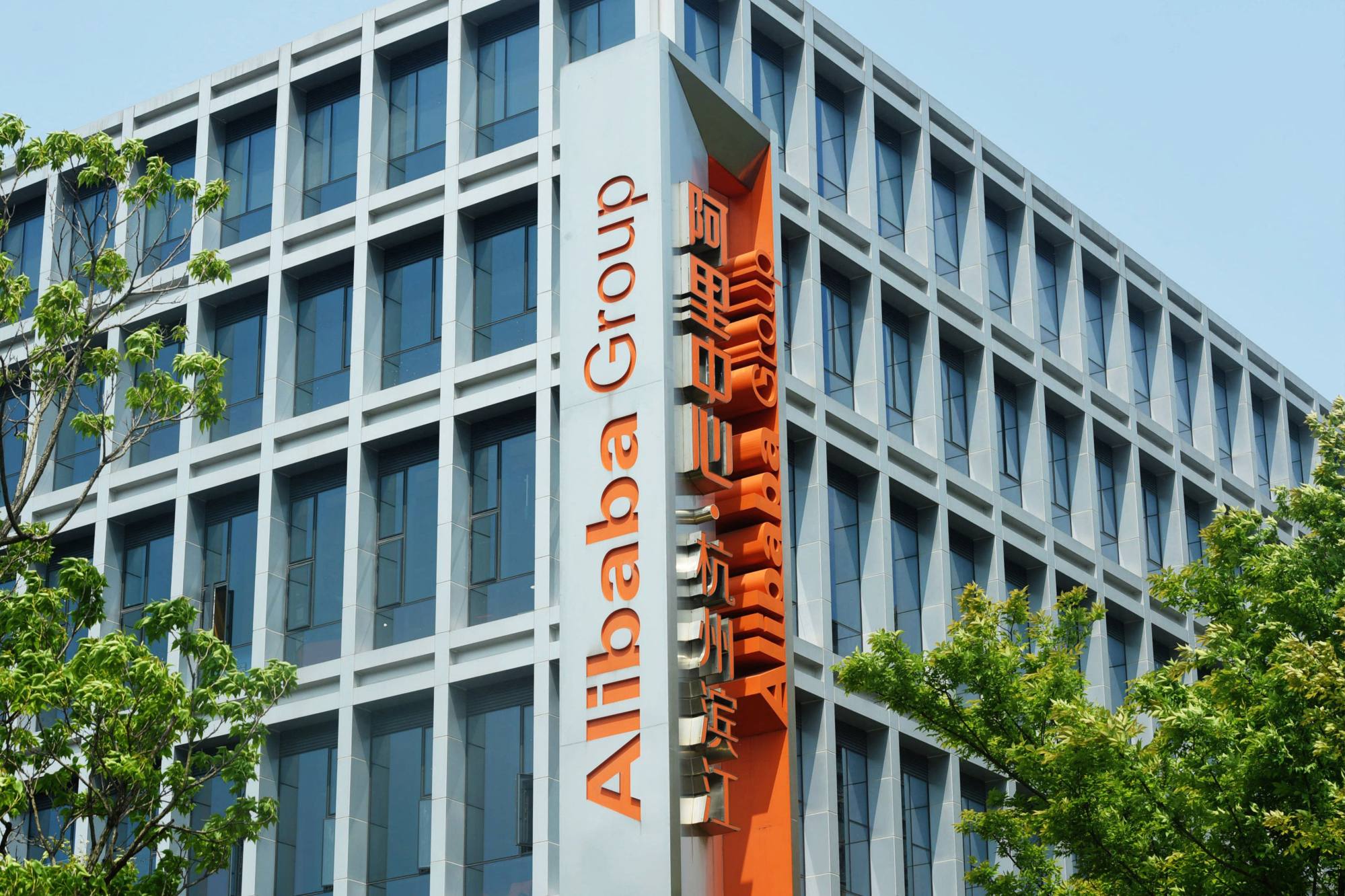Alibaba Splits Into Six Business Units in Biggest Organizational Overhaul

Chinese e-commerce behemoth Alibaba said on Tuesday that it will split its $220 billion business into six groups, which will each be managed by their respective CEOs. Each CEO will report to a board of directors and assume full responsibility for company performance.
The decision, which it describes as the “most significant governance overhaul in the platform company’s 24-year history,” will follow a holding company structure, similar to Google's restructuring as Alphabet.
The six business groups of Alibaba are Cloud Intelligence Group (cloud computing), Taobao Tmall Commerce Group (domestic retail businesses), Local Services Group (on-demand businesses), Cainiao Smart Logistics (logistics), Global Digital Commerce Group (overseas retail businesses, including Lazada) and Digital Media and Entertainment Group (video streaming).

The move comes as Beijing resumes a positive attitude towards Big Tech and private entrepreneurship after a year-long regulatory crackdown on the internet industry including freezing the IPO of Ant Group, Alibaba’s fintech arm and driving Didi to delist from the U.S.
According to unnamed sources, one major reason for the overhaul was that Alibaba’s business had become too big to be managed efficiently by a few individuals, particularly Daniel Zhang, the current CEO of Alibaba, who took over from Jack Ma in 2015.
Daniel Zhang, in a company-wide email to staff, said: "This transformation will empower all our businesses to become more agile, enhance decision-making, and enable faster responses to market changes."
Zhang will remain as chief executive and chair of the Alibaba holding group and head up its struggling cloud business.
Alibaba's reorganization of its digital empire now offers flexibility to Alibaba’s businesses to seek IPOs in different jurisdictions, where approval processes could vary greatly. It also follows the approach of Alibaba’s chief rival Tencent which has also been slowly divesting stakes it holds in major Chinese groups, and its e-commerce rival JD.com, which has retained a controlling stake in a diverse set of businesses.
